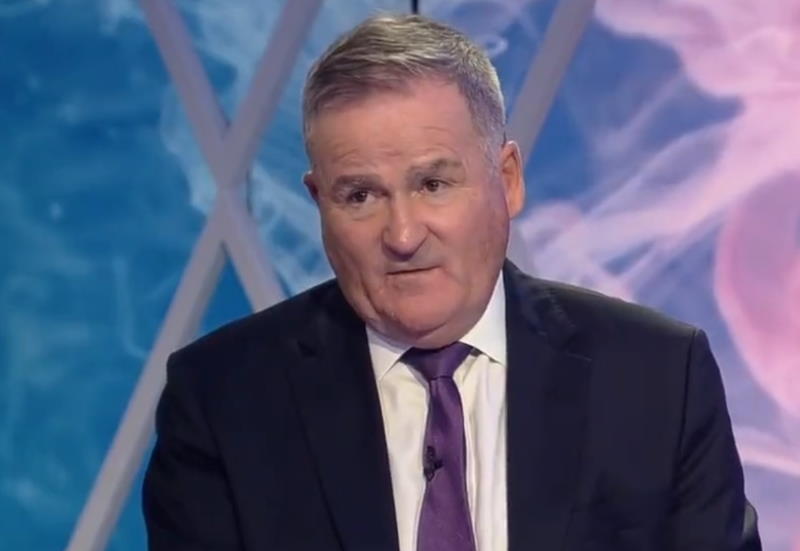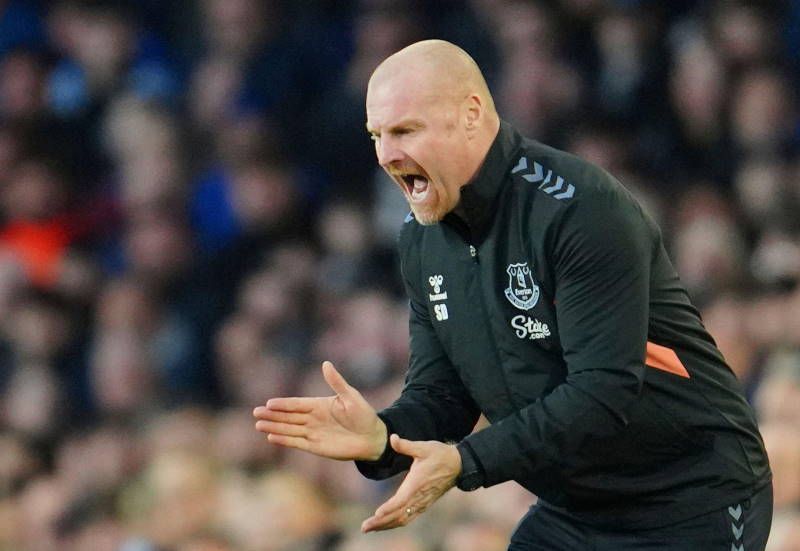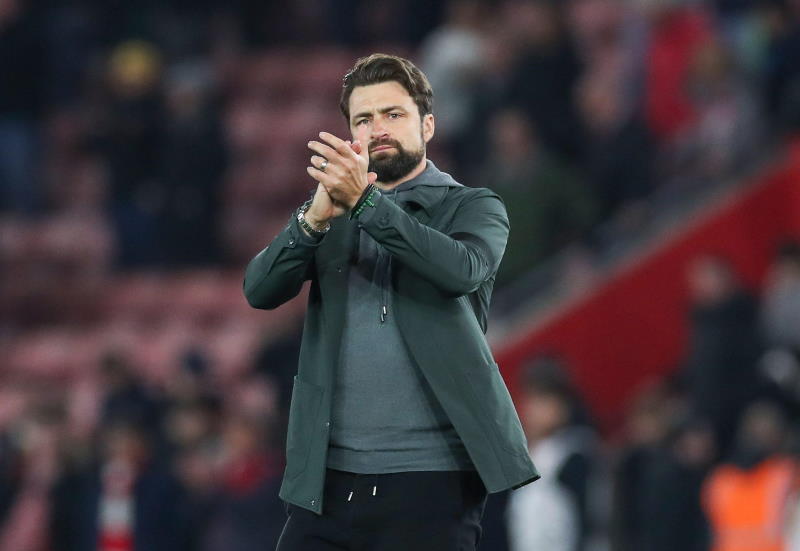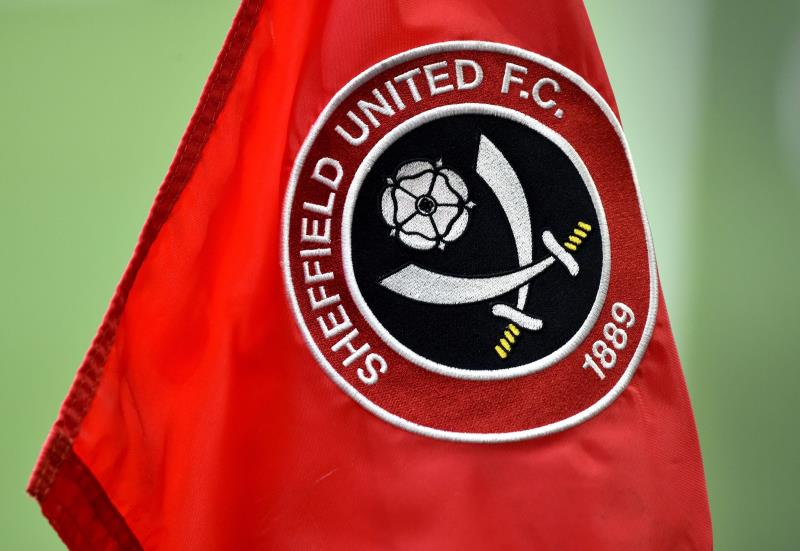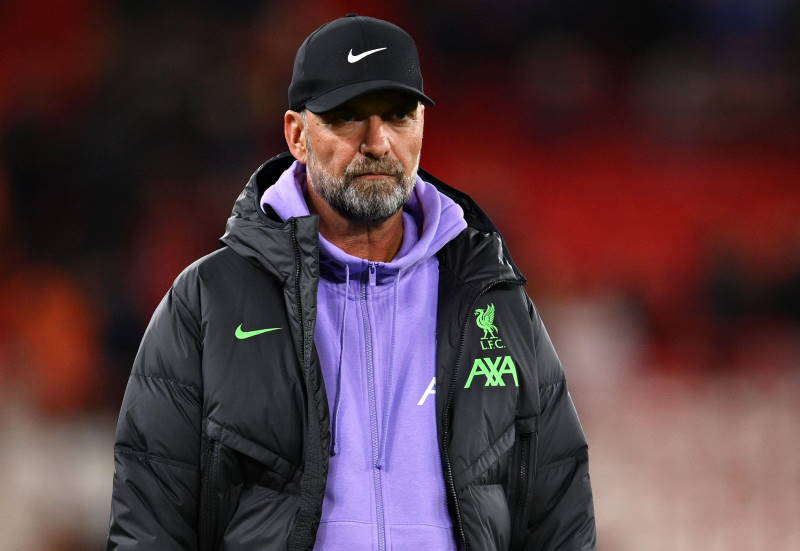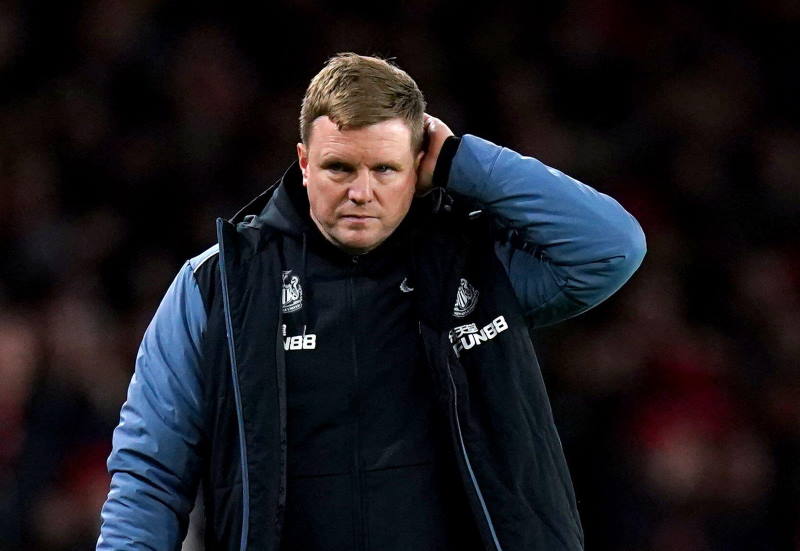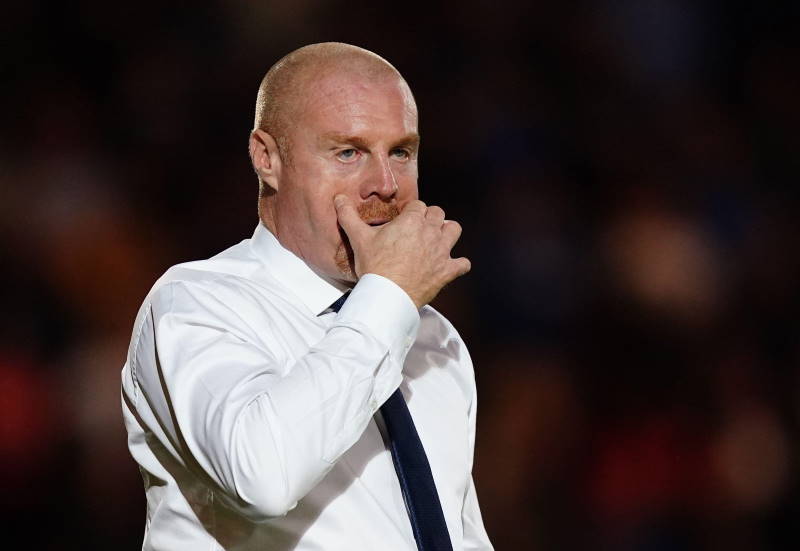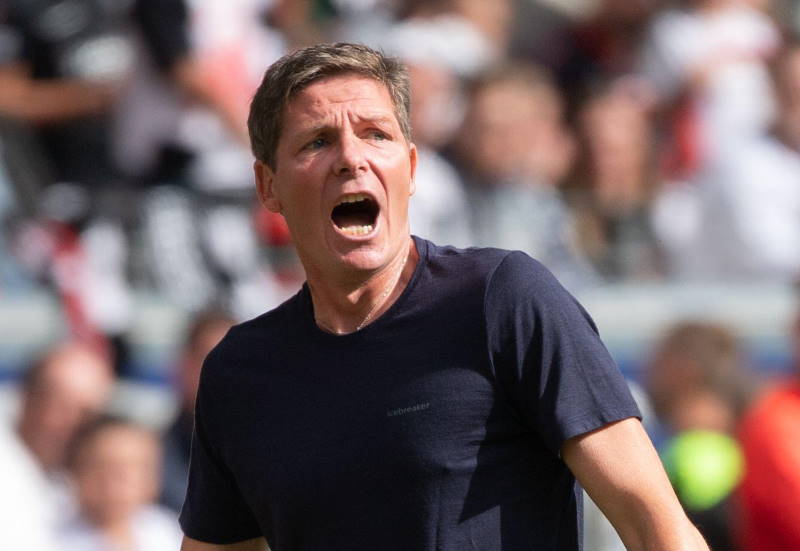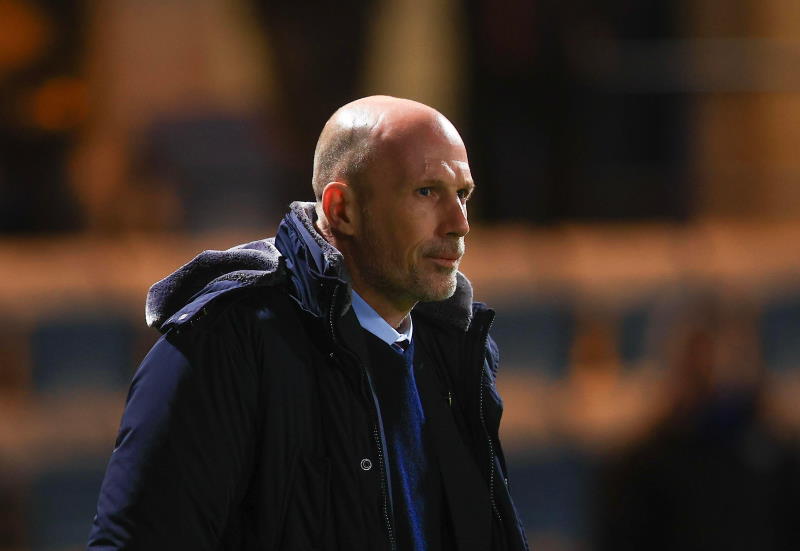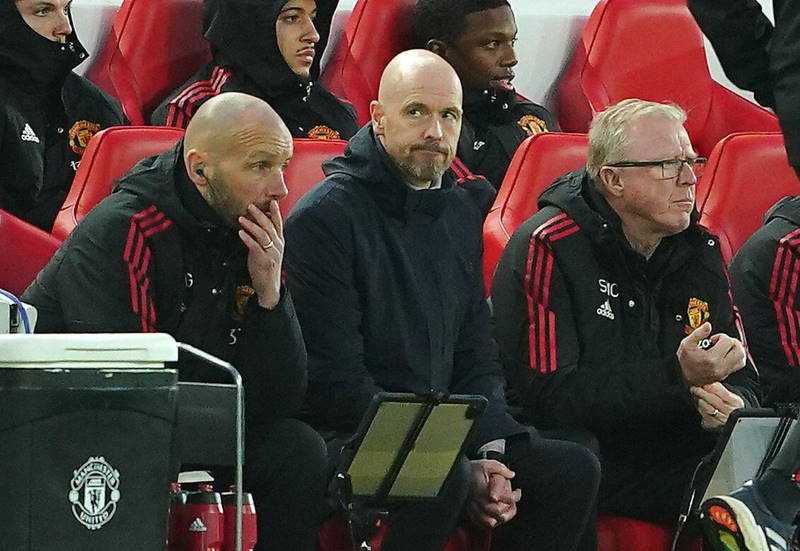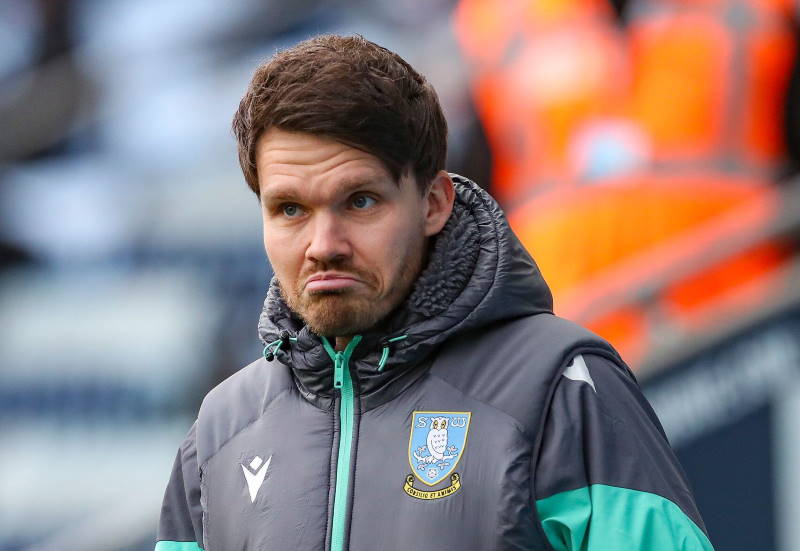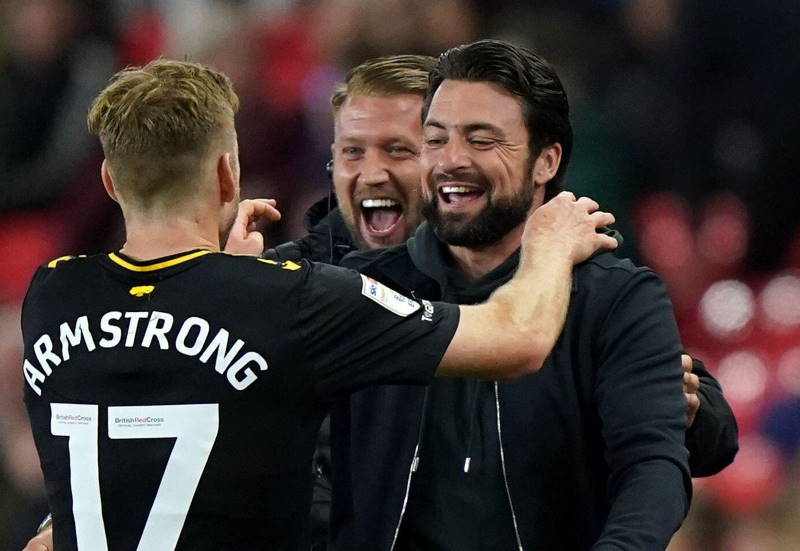
DC United have been the topic of headlines and feature articles about the MLS for many years, and for all the right reasons. The club have won the championship four times, two of these championships coming in the first two years of MLS history. They’ve won the MLS Supporters’ Shield, awarded to the team with the most points after the conclusion of the regular season, four times as well. They’ve finished on top of their conference for half of the seasons that the MLS has been in operation. Add a 1998 CONCACAF Champions Cup and three more visits to the top three in 1997, 1999 and 2007, and you have the most successful franchise in the history of Major League Soccer.
But in the early months of 2009, DC United was a team looking desperately for a home. They were playing in the Robert F. Kennedy stadium, a 48-year-old ground, one of the oldest actively used by a professional sports team in America. The Washington Redskins, an American Football franchise, had fled from that same stadium more than ten years prior. It simply wasn’t proper for the dynasty team of the MLS to be playing in such a poor stadium.
To make matters worse, stadium shopping was not going well for DC United. Several major deals had already fallen through, with local governments citing the difficulty of arranging public financing as a key reason. A deal to move the team to a new stadium in Prince George’s County, Maryland, a manageable distance away from Robert F. Kennedy Stadium, seemed certain until it was suddenly whisked away at the last moment. Recession weary America is not a good place to buy a ground, it seems.
Without a proper stadium, DC United were missing out on a good supply of revenue too. The club took a reduced cut of the ticket and concession sales. Small market teams that struggled in the table were enjoying the comforts and revenues of their own stadiums; many of them even owned soccer-specific stadiums.
The club even went so far as to ask fans where the stadium should be built. There was little choice but to build it on the outskirts of the city, which threatened to cost the club some of its fan base.
And with all this uncertainty, the rumours began to fly…
Some sources suggested that DC United might be moving to Baltimore, whose mayor was pushing hard for the franchise and where a stadium deal seemed much more possible. Even though Baltimore isn’t far from the District of Columbia, moving a dynasty franchise simply doesn’t happen. It’s not like Manchester United would ever pick up and move, after all.
But for the time being, moving was still only a worst-case scenario. The good news was that the league wouldn’t want to move the team; the bad news was that the league also wanted its teams to be profitable. If other cities started showing off their assets, it would only be a matter of time. DC United supporters were left waiting in the wings. A move could easily cost the club legions of fans.
As it stands at the time of writing, entering the 2010 season, DC United have signed with the Robert F. Kennedy Stadium for at least one more year. Team owner Will Chang has been vocal recently about finding investors who are willing to help out with the building of a new stadium. That is perhaps something that DC United supporters can take solace in. A dedicated owner who is actively reviewing options is a plus for DC, and the main reason that earlier deals fell apart was indeed because of financial issues. If DC United can drum up some more investors, the team will be less reliant on government funding to get the job done.
At the same time, Baltimore is a step closer to getting approval to build a 17,000 – 20,000 seat stadium. The city also sold out a series of international friendly matches held during this summer in one of the area stadiums. Baltimore already has a team in the second division of American professional soccer. But a move to Baltimore is a short-term solution; the market certainly is not as big as the market in DC. Still, with the support and stadium in place, the MLS might have no choice but to introduce Baltimore United to the MLS.
Right now, who knows what that will do for the MLS? The only thing for certain is that it will be the end of one era, with the potential of being the beginning of another.
Related Articles:
- – MLS Clubs Finances Paint Mixed Picture
- – MLS Labour Dispute Shows Player Disquiet
- – MLS Continuing On Well Trodden Expansion Path

